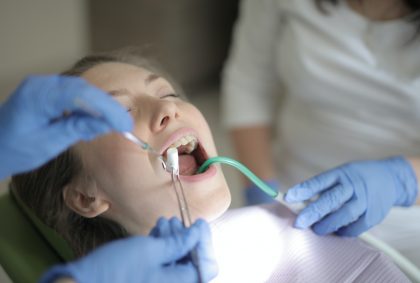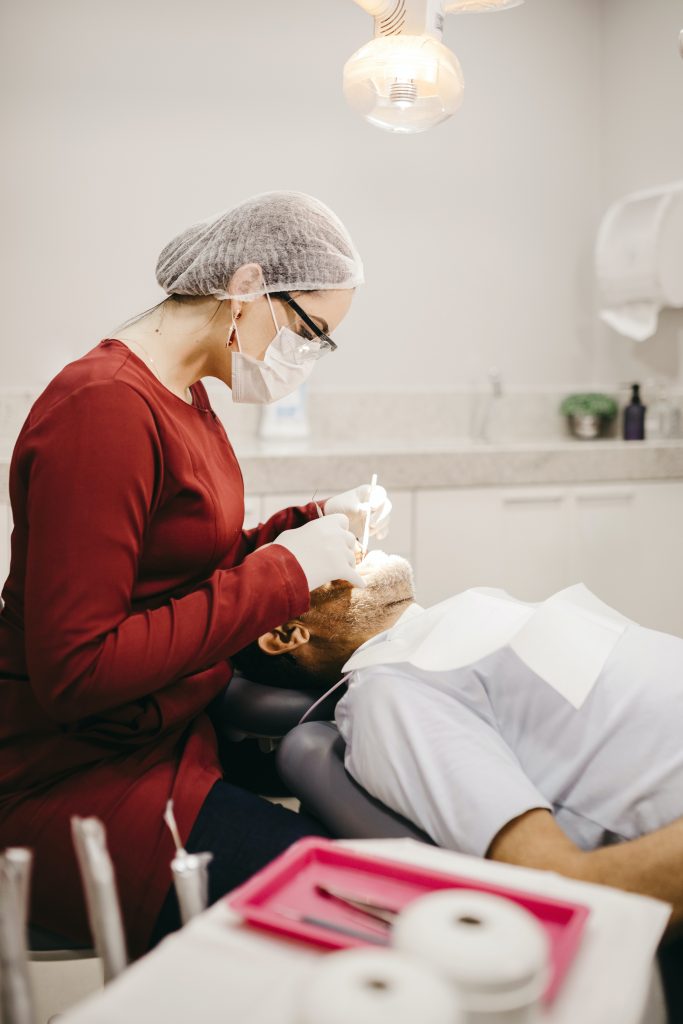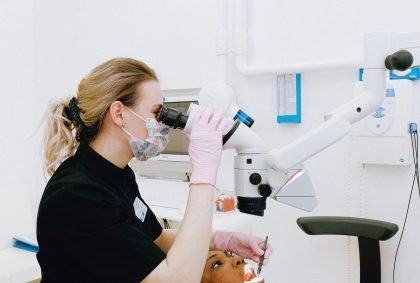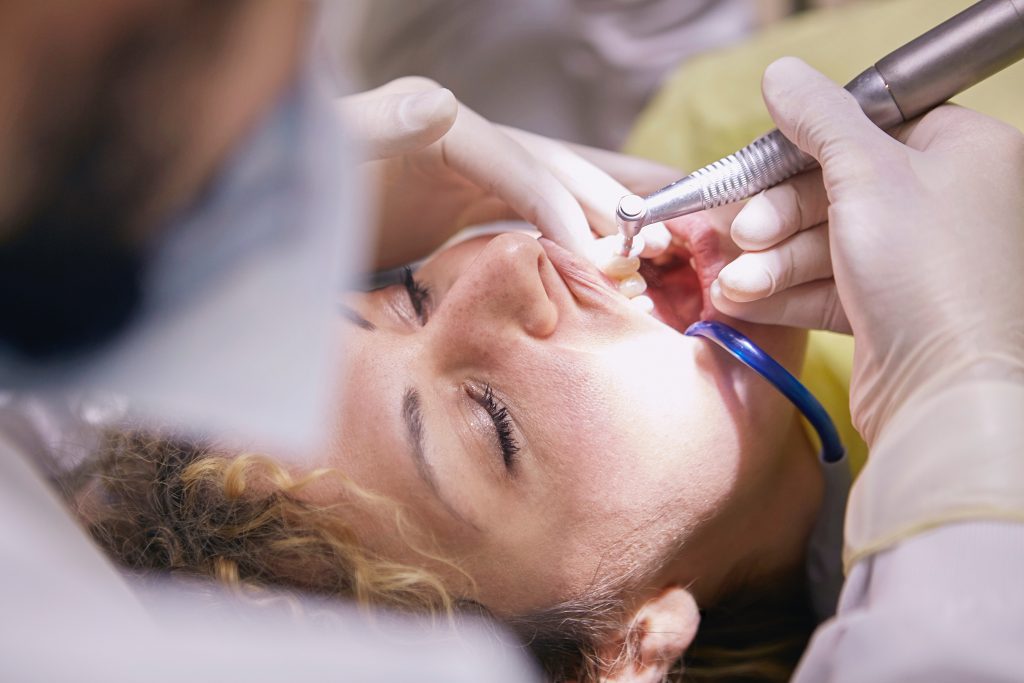To be able to smile your heart out is one of the best feelings in the world. But being conscious about your teeth and not being able to give your best smile out spoils the fun. No worries, as you have two of the best teeth aligning brands that will help you any time.
Candid and Smile Direct Club are two brands that you can turn to when your teeth alignment troubles you. With the best services to offer you, they are very useful. However, when it comes to Candid vs. Smile Direct Club, which one should you choose? Let us find out.
Overview of Candid and Smile Direct Club
Before we begin to sort out their differences, let us understand Candid and Smile Direct club from a basic level.
Candid
Candid is the resultant of a conversation between a bunch of friends. With almost no options available in the market that provided good quality aligners at low prices, Candid came in. Thanks to the partnership between them and a leading orthodontist, the brand was able to create an image.
Although it was started in a small apartment, it is now a big brand worldwide and has attended to thousands of customers. The company also keeps more than 300 employees.
Smile Direct Club
Founded in the year 2014, Smile Direct Club took the initiative to provide hygienic oral treatments and aligners at very affordable prices. The brand has aided more than a million people. It is making sure to spread smiles across the globe through its determination.
Working on an international level, they have around 1000 offices worldwide. The brand brings the needy closer to convenience and high-quality teeth alignment.
How Does Candid and Smile Direct Club compare?
To know how the products provided by Candid and Smile Direct Club work, read below.
Aligners by Candid
Candid uses reputable manufacturers to get their aligners produced. As the aligners made by them were approved in 2009 by FDA, the brand has reached heights like no other competitors. They have gained a lot of experience in producing aligners.
Candid uses clear aligners that cover the gums in your mouth. They induce more pressure on the teeth and make the process quicker and reliable.
Aligners by Smile Direct Club
The aligners the brand provides are approved by a professional orthodontist, and only then it is provided to the users. Smile Direct Club offers you a treatment course of 6 months according to the aligners it produces.
The times get per day or on a whole when using nighttime teeth aligners. It also includes teeth whitening, which is important in the process of teeth aligning. It improves the quality of the output.
Candid vs. SmileDirectClub Compared
To understand which is better between Candid vs. Smile Direct Club, going through their important features is important. Let us have a look.
Appearance
Candid and Smile Direct club provide aligners that are both textured. This means that these aligners go with the natural texture of your teeth’ enamel. They mix with the overall appearance of the teeth and look clean and real.
However, Candid uses more high-quality plastic, which is durable and rigid as well. The plastic is also able to resist stains much better than its competitors.
Smile Direct Club, on the other hand, uses flexible plastic. Although it is more user-friendly, it can be easily bent or be broken as well. However, it resists stains as well.
Convenience
When using aligners provided by Candid, it falls a little short of the benefits. Smile Direct Club, on the other hand, makes sure to provide its customers with all the benefits of time, money, and even consultation.
To reduce the amount of time taken by the aligners, Smile Direct Club offers a nighttime aligning course. In this, the user gets to wear the aligner for 10 hours instead of 22 hours. They have to wear it all night long and can remove it the next day.
Candid, as of now, does not have nighttime as a feature.
Price and Purchase information
If you want to enjoy the products these two brands offer you, you can swing by their official websites to buy any of your favorite choices. The websites categorize their products as per the common requirements and make your work much easier.
Candid offers you aligners for $2,400 as the sticker price. The price includes the retainers as well. You can also buy an impression kit for $95.
Smile Direct Club, on the other hand, offers you $1,950. The retainers will cost you $99 more after you have started with the treatment. The impression, however, will cost you $59.
Pros and Cons
Let us now move towards the pros and cons of each brand. This will help us understand the comparison between Candid vs. Smile Direct Club clearly.
Candid Pros
- Provides high-quality textured aligners
- Uses reputed manufacturers
- Has to experience in the sector of aligners since 2009
Candid Cons
- Has a costlier purchasing plan
- Does not provide nighttime course offer
Smile Direct Club Pros
- Has a more affordable purchasing plan
- Offers nighttime course
- Provides teeth whitening
Smile Direct Club Cons
- Uses lower quality plastic for aligners
- Has less experience than Candid
FAQs
Why are teeth whitening important while aligning teeth?
Teeth whitening improves the quality of output we get while aligning. Along with the alignment of our teeth, we also get whitened teeth that look prettier and tidier.
Where can I buy Smile Direct Club and Candid products?
Products for both brands are available on their respective websites. Categorized as per your convenience, shopping here has gotten very easy.
How are textured aligners good?
Textured teeth give a natural texture to teeth. They are not easy to distinguish and look tidier than the shiny aligners.
Our Final Recommendation
Candid and Smile Direct Club have their highs and lows. However, when you have to go for one out of Candid vs. Smile Direct Club, Candid is what you should go for.
With high-quality aligners, experience, and reputed manufacturers, this brand is never going to let you down.



